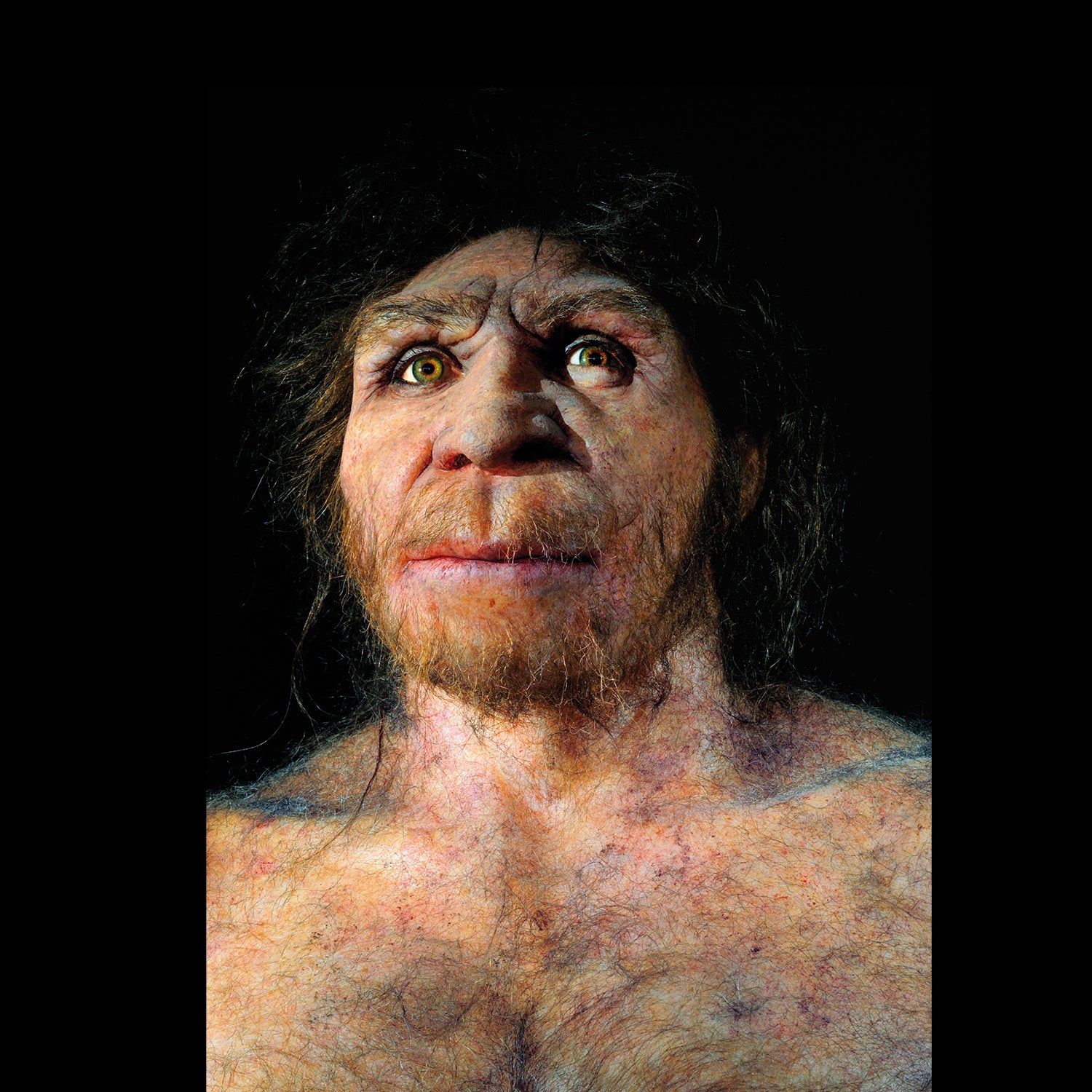[ad_1]

Human ancestors in Africa were pushed to the brink of extinction around 900,000 a long time back, a research exhibits. The perform, revealed in Science, indicates a drastic reduction in the inhabitants of our ancestors perfectly prior to our species, Homo sapiens, emerged. The population of breeding folks was diminished to just 1,280 and didn’t develop once more for another 117,000 yrs.
“About 98.7% of human ancestors were lost,” claims Haipeng Li, a population geneticist at the University of Chinese Academy of Sciences in Beijing, who co-led the review. He says that the fossil history in Africa and Eurasia involving 950,000 and 650,000 many years back is patchy and that “the discovery of this bottleneck may explain the chronological gap”.
Nick Ashton, an archaeologist at the British Museum in London, who wrote a related perspective, claims he was intrigued by the very small dimension of the inhabitants. “This would imply that it occupied a extremely localized spot with excellent social cohesion for it to endure,” he states. “Of increased shock is the believed size of time that this little team survived. If this is correct, then a single imagines that it would need a steady ecosystem with sufficient assets and few stresses to the system.”
Clues from present day DNA
To make their discovery, the scientists essential to invent new equipment. Innovations in genome sequencing have improved scientists’ comprehension of inhabitants sizes for the time period immediately after modern day individuals emerged, but the researchers formulated a methodology that enabled them to fill in specifics about previously human ancestors. Serena Tucci, an anthropologist at Yale University in New Haven, Connecticut, states that these kinds of get the job done was sorely desired. “We nonetheless know really tiny about the populace dynamics of early human ancestors for several causes, such as methodological limits and troubles in getting ancient DNA facts from old Homo specimens,” she claims.
The researchers’ technique permitted them to reconstruct ancient population dynamics on the foundation of genetic details from present-working day individuals. By setting up a intricate household tree of genes, the workforce was equipped to examine the finer branches of the tree with larger precision, determining sizeable evolutionary functions.
The system “put the spotlight on the period of time 800,000 to a single million yrs ago — for which there is significantly unfamiliar — in a way that has not been completed ahead of,” states Stanley Ambrose, an anthropologist at the University of Illinois at Urbana-Champaign.
This period of time was section of the Early-Middle Pleistocene transition — a time of drastic local weather adjust, when glacial cycles turned more time and far more extreme. In Africa, this led to lengthy periods of drought. Li claims that the altering climate may possibly have wiped out human ancestors and pressured new human species to arise. Sooner or later, these may possibly have developed into the very last popular ancestor of modern human beings and our extinct kinfolk, the Denisovans and Neanderthals.
Close to 813,000 years back, the inhabitants of pre-individuals commenced to swell once more. How our ancestors managed to survive, and what allowed them to prosper when a lot more, remains unclear, suggests Ziqian Hao, a populace geneticist at the Shandong Very first Clinical College and Shandong Academy of Clinical Sciences in Jinan, and a co-writer of the paper. Having said that, he suggests that the bottleneck is probably to have experienced a critical affect on human genetic diversity, driving several crucial attributes of modern people, these as brain sizing. He estimates that up to two-thirds of genetic range was dropped. “It represents a critical period of time throughout the evolution of people. So there are many essential concerns to be answered,” he suggests.
Ashton would like to see the researchers’ findings backed by far more archaeological and fossil proof. The authors “suggest that the bottleneck was a world wide crash in population”, he says, “but the quantity of archaeological websites outside the house Africa indicates that this is not the case. A regional bottleneck could possibly be far more probably.”
This report is reproduced with permission and was initially revealed on August 31, 2023.
[ad_2]
Supply link






